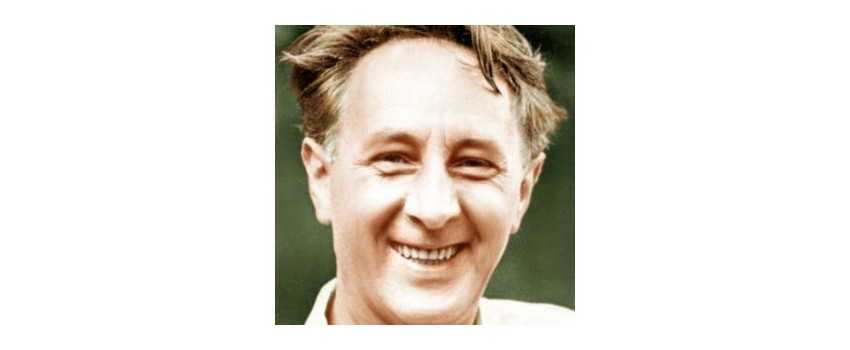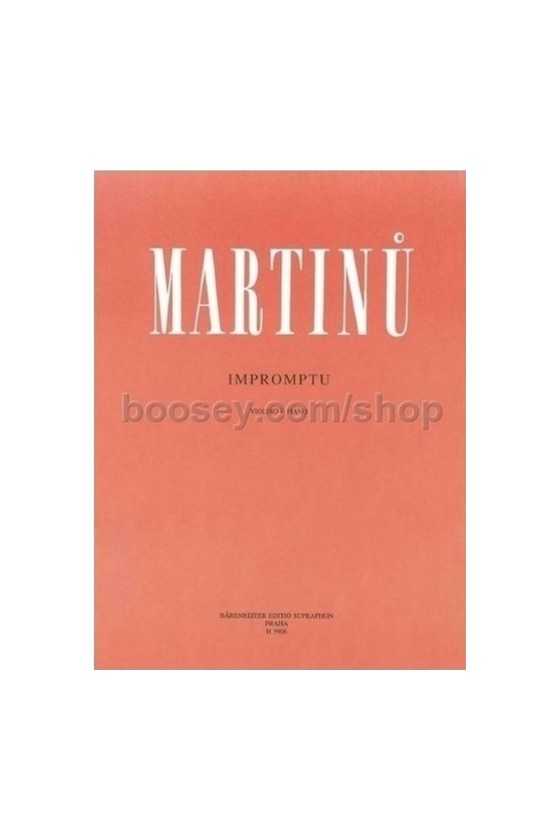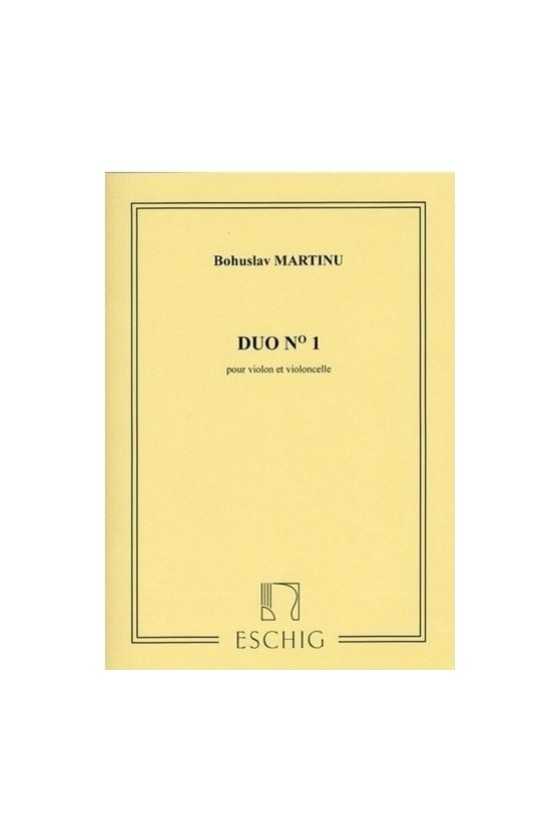Martinu, Bohuslav
Bohuslav Martinu, a renowned Czech composer, led a remarkable life that spanned multiple countries and continents. His unique perspective, shaped by his childhood experiences and travels, influenced his compositions and established him as a significant figure in the world of classical music. From his early years in Polika to his final days in Switzerland, Martinu's journey was one of creativity, perseverance, and the pursuit of artistic excellence.
Early Years and Musical Education
Born on December 8, 1890, in Polika, Eastern Bohemia, Bohuslav Martinu was raised in a humble environment. His father, who worked as both a fire watchman and a shoemaker, instilled in him a strong work ethic and a deep appreciation for music. Growing up atop the tower of St. Jacob's Church, Martinu experienced the world from afar, a perspective that would later shape his objective approach to composition.
In 1906, Martinu left Polika to pursue his passion for music in Prague. He enrolled at the Prague Conservatory to study the violin, but his time there was short-lived. Due to his struggles as a student, Martinu was expelled from the conservatory. Undeterred, he immersed himself in the bohemian lifestyle of Prague, dedicating his time to reading and writing.
The Czech Philharmonic and Parisian Sojourn
Despite his expulsion from the conservatory, Martinu's talent as a violinist earned him a position with the Czech Philharmonic. He performed with the ensemble for three seasons under the guidance of Václav Talich, who would become a significant influence in his career. However, Martinu's desire to explore new musical horizons led him to Paris in 1923.
Paris offered Martinu the freedom and inspiration he craved. Breaking free from the constraints of Prague's musical scene, he embraced the vibrant atmosphere of the City of Light. In Paris, Martinu delved into French modernism, studying under the renowned composer Albert Roussel. He also established himself as a prominent music correspondent, reporting on the Parisian music scene for the Czech cultural press.
Stylistic Progress and Struggles
Martinu's musical journey was marked by a progressive shift in his style. His early compositions, such as "Half-time," showcased his affinity for Stravinsky's Russian ballets and his willingness to taunt his Czech critics with the sounds of the Parisian milieu. As Martinu continued to experiment and evolve, he incorporated elements of neoclassicism and impressionism into his works, drawing inspiration from Debussy and Roussel.
However, Martinu's return to Czechoslovakia in the 1930s was met with challenges. The rise of Nazi powers and the subsequent authoritarian and communist governments hindered his artistic freedom. The Gestapo blacklisted him for his patriotic cantata, and he was forced to flee to the United States with his French wife Charlotte. Despite his struggles, Martinu found solace and recognition in America.
Success in the United States
In the United States, Martinu's talent gained recognition and support from influential figures such as Serge Koussevitsky. His symphonies and chamber works were embraced by East Coast orchestras, solidifying his reputation as a respected composer. Martinu's unique approach, characterized by phrasing rather than strict meter, captivated audiences and performers alike.
Despite his success, Martinu faced personal and physical challenges. A near-fatal fall during a music festival left him partially deaf in one ear. Nevertheless, he continued to compose and teach at prominent music colleges, including Tanglewood, Mannes, Princeton, and Curtis.
Disenfranchisement and Posthumous Recognition
Martinu's career took a downturn upon his return to communist Czechoslovakia. His music was virtually outlawed, and he remained in official disfavor throughout the communist period. However, his harmless folk cantata, "The Opening of the Wells," published in 1955, sparked a resurgence of interest in his work and cemented his place in Czech musical culture.
Despite his posthumous recognition in the Czech Republic, Martinu's acceptance in the broader academic world has been slower. The challenges faced by scholars during the communist years, coupled with Martinu's unique style and demeanor, contributed to this delay. However, as more translations and studies of his aesthetics become available, his approach to music history and his contributions to the modern classical repertoire will be better understood.
Legacy and Influence
Bohuslav Martinu's legacy lives on through the Martinu Foundation and the Martinu Institute, which tirelessly work to promote and preserve his music. His compositions continue to be performed and appreciated by musicians and audiences worldwide. Martinu's journey, from his humble beginnings in Polika to his international acclaim, serves as an inspiration for aspiring composers and musicians.
Conclusion
Bohuslav Martinu's life and music exemplify the power of perseverance and the pursuit of artistic excellence. Despite the challenges he faced, he remained true to his creative vision, constantly evolving and pushing the boundaries of traditional music. His unique blend of styles and influences, from Czech nationalism to French modernism, has left an indelible mark on the classical music landscape. Bohuslav Martinu's contributions to the world of music will continue to be celebrated and appreciated for generations to come.



